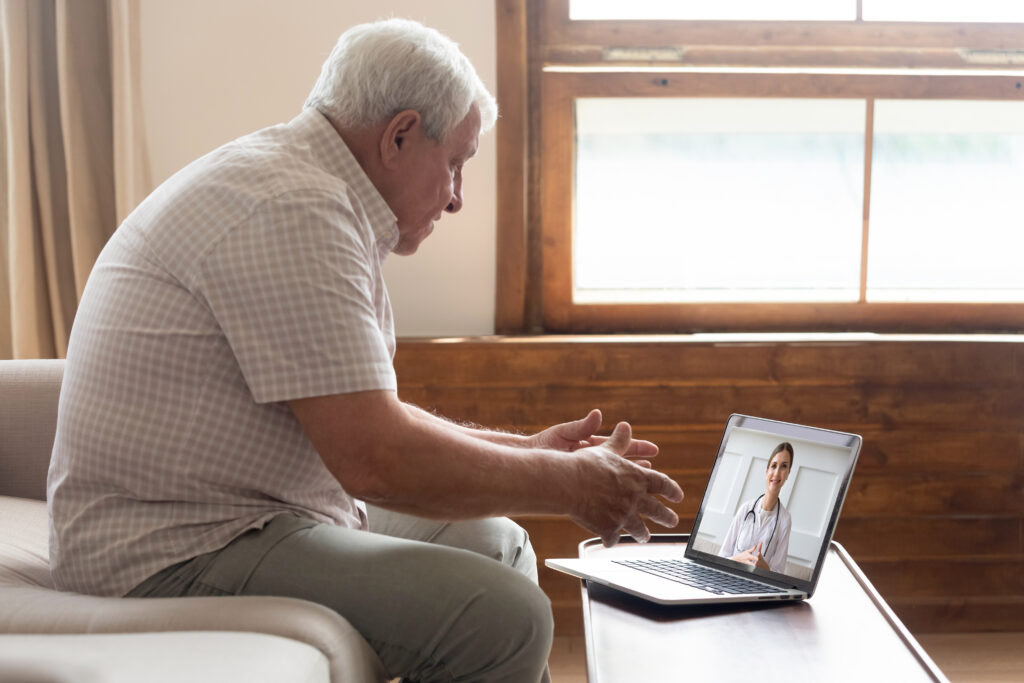Marshall University’s Speech and Hearing Center is receiving funding for a statewide speech therapy program for those with Parkinson’s Disease.
The $280,000 grant from the nonprofit Parkinson Voice Project will help provide the resources to provide speech therapy to patients remotely.
It’s part of an initiative called Speak Out, which aims to help those with Parkinson’s who are struggling with speech or swallowing. Marshall University is one of 16 schools nationwide chosen for the program.
“We have been training speech language pathologists for several years,” project founder Samantha Elandary said. “Speak Out therapy is available in many hospitals, universities, private practices, other rehab organizations all across America and the world. But there are still a group of patients who cannot access the treatment.”
Marshall program lead Ernay Adams said the center will be able to better reach out to patients who live in rural areas, are disabled or are otherwise inaccessible.
“We’ve kind of been limited up to this point, to people who live within about a 30 minute drive,” Adams said. “We’ve done some telemedicine, but not to the extent that we plan to or will be doing with this.”
Adams said the Speak Out program in place at Marshall is ready to accept referrals, with a tentative start date to begin speech therapy with individual placements on June 1 as the semester winds down and training begins for graduate students.
Individual speech therapy provided through the Speak Out program will also be free of charge to anyone with Parkinson’s disease.
More than 7,000 West Virginians currently live with Parkinson’s Disease.
The nonprofit Michael J. Fox Foundation estimates West Virginia has the third highest population with Parkinson’s in the nation.




















 Fizkes/Adobe Stock
Fizkes/Adobe Stock